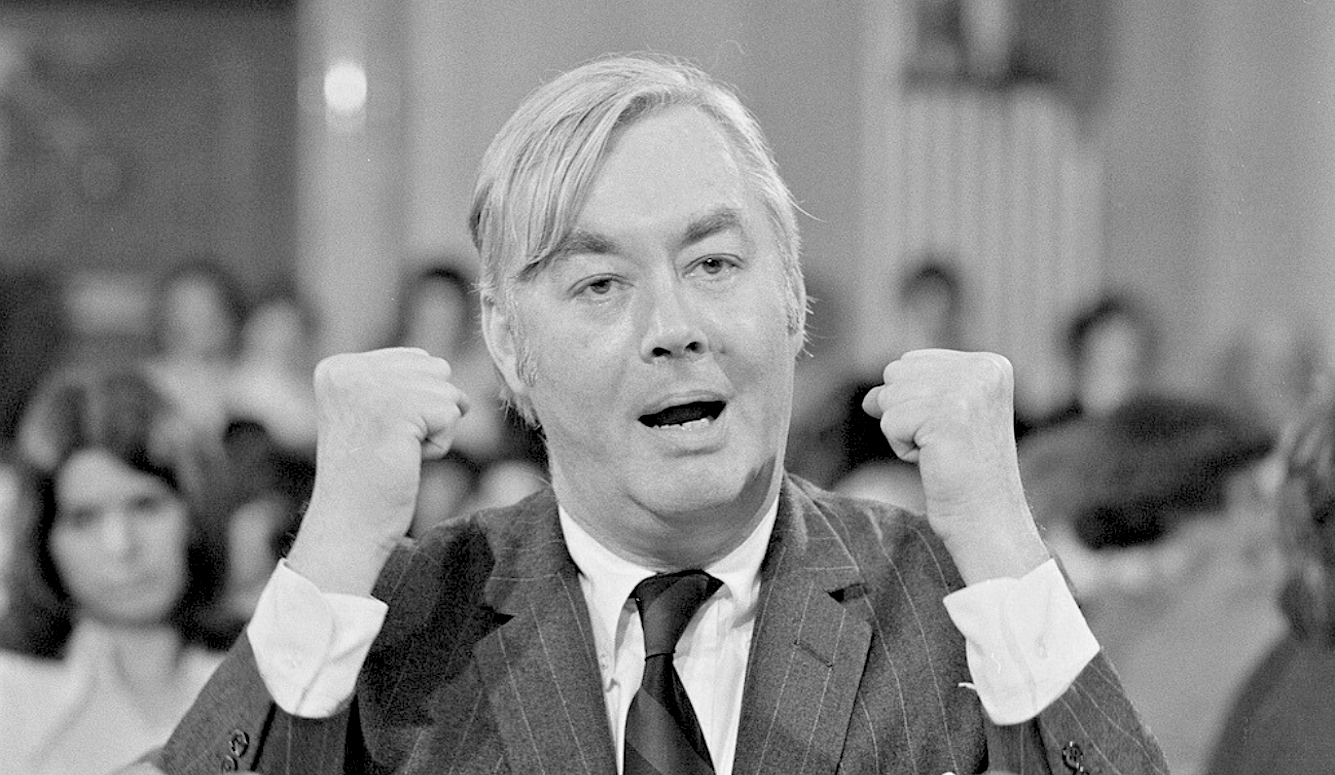Science / Tech
Marketing Grit: When Science Lags Behind Populism
But the real reason for Duckworth’s genius is that she’s been able to do all of this based on shaky science.

A review of Grit: The Power of Passion and Perseverance, by Angela Duckworth. New York: Simon & Schuster (2016), 352 pages.
Psychologist Angela Duckworth is a genius.
This is only partly because she’s considered a MacArthur “Genius” by virtue of a grant she received in 2013. Much more impressive is that she’s managed to tap into a vein of American ethos that promises that anything is possible with effort, grit, and a can-do attitude, and she’s managed to do it in a way that has captured the attention of not only famous people — like one of the most well-known coaches in the National Football League, along with artists, writers, and the CEO of JP Morgan Chase — but also of educators, policy-makers, and the public.
Her book on grit, the topic she’s dedicated her life to since she found her “calling,” as she puts it, will doubtless be popular. It has already been lauded by pop-psychologist and New Yorker author Malcolm Gladwell as a “persuasive and fascinating response to the cult of IQ fundamentalism.” But the book is only the visible part of an entire movement, one that has as its moral code the principle that change is possible and it can be distilled into a couple hundred pages.
That movement is extensive and persuasive. Duckworth’s TED Talk on the topic, which has amassed millions of views, has inspired more than high praise. School districts in California have students taking tests, the advocates of which claim it can measure character; the test includes questions about grit. In fact, Duckworth has teamed up with educators around the nation to implement grit programs. The University of Pennsylvania has recognized her work by creating, in her name, an entire lab devoted to research on grit and self-control. Duckworth has even established the Character Lab, a non-profit that has raised millions of dollars to “discover the ideas and strategies that build character” and turn them into products.
But the real reason for Duckworth’s genius is that she’s been able to do all of this based on shaky science.
The Science of Grit
A central limitation of Duckworth’s research is that it doesn’t account for genetics. Her research is based on a “grit scale,” which asks participants to rate themselves Likert-like on a set of grit-related statements like “New ideas and projects sometimes distract me from previous ones.” But in February of this year, when researchers, led by famed behavioral geneticist Robert Plomin, finally performed that study, they found that grit — like all human behavior — is highly heritable.
More importantly, they found that what Duckworth and colleagues defined as grit is hardly distinguishable from conscientiousness, one of the classic Big Five traits in psychology. The study, which included a representative sample of U.K. students, measured grit against conscientiousness. Grit, researchers discovered, accounts for only an additional 0.5% of variation in test scores when compared with conscientiousness. IQ, on the other hand, accounts for nearly 40%, according to Plomin.
Despite these challenges, Duckworth remains undeterred. In a recent New York Times interview, she said that grit “beats the pants off IQ” to the extent that it predicts which individuals will be successful. Plomin, however, believes it’s “very much the other way around.”
Stuart Ritchie, a post-doctoral fellow at the University of Edinburgh and the author of a primer on IQ, takes issue with the way we often pit grit against IQ. Ritchie believes we need not think of grit as the “anti-IQ.” “Clearly both cognitive and non-cognitive traits are important for academic development,” he told me in an email. Ritchie also pointed me to a recent study that concludes grit is distinguishable from conscientiousness — this, of course, seems to contradict what Plomin and his colleagues conclude.
“The jury is out on grit, essentially,” Ritchie told me. “But I can’t imagine it’s going to play the sort of transformative role that some researchers claim.”
Indeed, the science is far from settled. At this point, we lack reliable long-term studies— researchers have measured only crude markers of success, such as test-taking, rather than success itself. The grit scale seems an inadequate measure of personality. What’s more, conflicting evidence abounds.
And if this is a central problem with research on grit, then so it is with Duckworth’s book. Duckworth’s book lacks causal evidence—it’s not clear what, if anything, increases grit. Yet, Grit is a self-help book, marketed to people who want to increase it.
The marketing has been effective: Programs in the U.S. and the U.K. are, in Plomin’s words, spending “major money” in an effort to make kids grittier. (Recently, Duckworth has even distanced herself from high-stakes tests.)
“I don’t like to write negative papers,” Plomin told me, “but it’s not right.” He added: “I’ve been around long enough to see the future, and what worries me is that in a few years’ time, these programs will be found to be ineffective and that will reflect badly on psychology.”

The Dark Side of Grit
On its surface, Grit: The Power of Persuasion and Perseverance is full of inspiring stories like that of American soldier Tom Deierlein (“I am not special or extraordinary in any way. Except one: Grit”) who, in 2006, was shot by a sniper, which made shards of his pelvis. Duckworth recounts Deierlein’s decision to run a ten-mile race he’d committed to earlier. Despite the prognosis from his doctors, who told him he might never walk again, Deierlein trains month after month, fighting the pain. He ran the race.
This, indeed is inspiring. But a problem arises with the view that grit is more important than all other determinants of success. In this worldview, failure, is always our own fault.
A person with obesity is obese because he doesn’t have enough willpower. A person with depression suffers because she simply doesn’t have the will — the grit — to pull herself up by her bootstraps. But in reality, the more benevolent position — and the more scientifically valid position (the brains of people with obesity are wired differently towards certain foods, for example) — is that these problems aren’t due to an absence of grit. Sometimes, grit is the last thing people need.
Then, there’s parenting, which Duckworth dedicates an entire chapter to. Surprisingly, she seems ignorant of the wealth of data from behavioral genetics that demonstrates parenting has little to no outcome on how children turn out. Duckworth believes parents “lay the foundation for grit,” which, if only it were true, would be a significant finding. But to a parent whose child hasn’t turned out a certain way, Duckworth’s argument probably sounds more like an indictment — it likely exacerbates the grief and remorse these parents feel.
Duckworth also conveniently selects her case studies. She fawns over Pete Carroll, the coach of the Seattle Seahawks, but fails to mention the scandal at the University of Southern California that Carroll left behind. Similarly, Jamie Dimon, the CEO of JP Morgan Chase, can do no wrong — he has, Duckworth would like us to believe, a “fierce resolve” in everything he does. (I wonder if Duckworth admires Dimon’s resolve when he helped negotiate the largest settlement in U.S. history for massive fraud committed under his watch). These are gritty people, to be sure; they just don’t seem to be morally outstanding people.
The Future of Grit
Duckworth has attained a level of fame reserved for only a handful of academics, and with that fame, she’s been able to raise a lot of money. In less than three years, The Character Lab raised $17 million according to former executive director Brittany Butler. And according to a recent tax form from the non-profit organization, The Character Lab reports an income of more than $6 million per year.
All of which should cause us to ask: if grit research turns out to be unviable, what happens to all of that money, to the Duckworth Lab, and to the people who are banking their careers researching grit? There’s an entire ecosystem built on grit, and in order to flourish, this ecosystem depends on favorable research. Given the amount of money at stake, is Duckworth’s life calling something that can be renounced in the face of evidence?
If this book has proved anything, however, it’s this: there is ample evidence that Duckworth does not easily give up.






